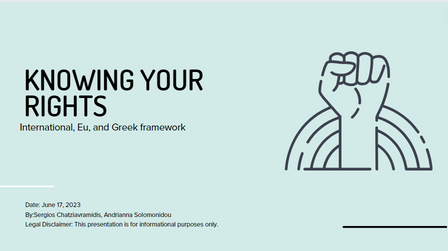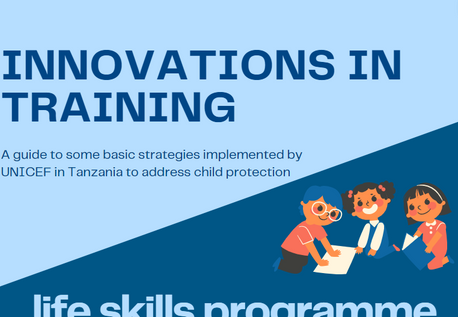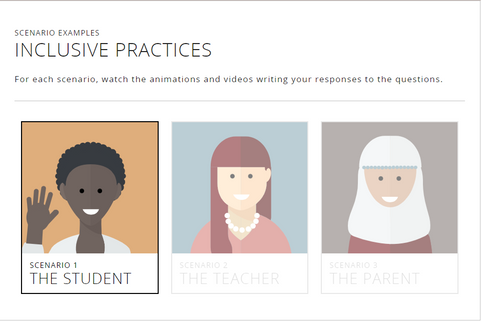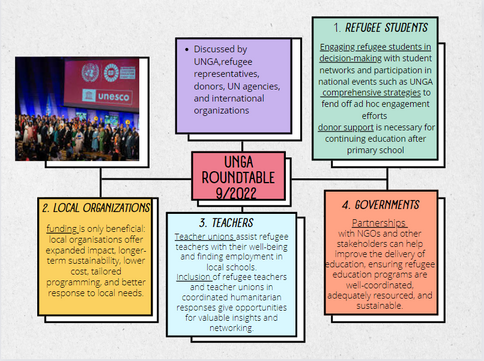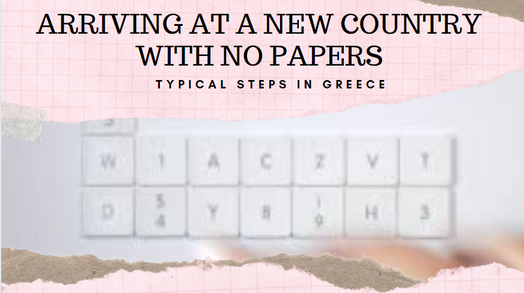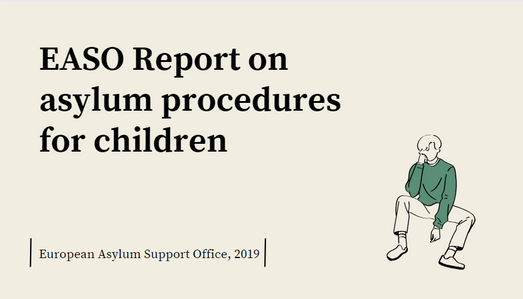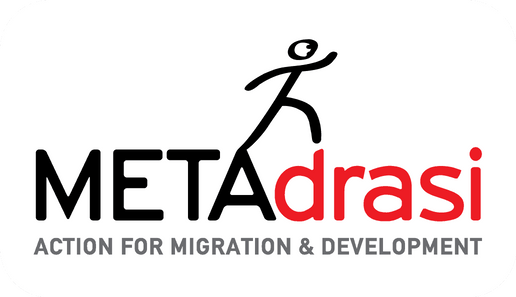
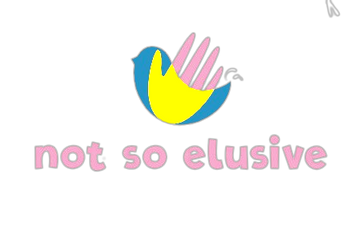
THE PROBLEM IS THAT WE TREAT HUMAN LIVES AS A PROBLEM
READ MORE
THE BENEFITS OF ACCESSIBLE POLICIES AND PROGRAM-MING

While doing research for intergration strategies and policies regarding unacompanied refugee minors, we came across a plethora of material; government documents, research papers, theses. We realised that what all the available material is not really "available".
Combating the elusiveness of these works adds substantive value. Their length and complexity disregards the ones these papers should be reffering to; not the political and academic community, but rather the people.


Aims and objectives
wHO WE ARE
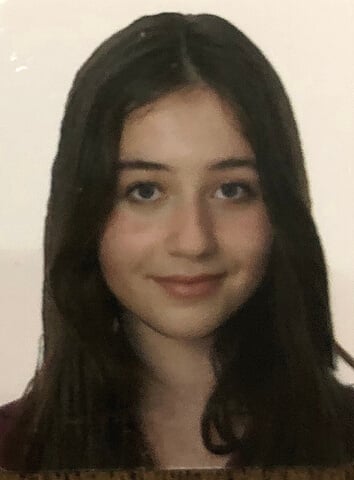
Andrianna is a consistent high-honours student in Anatolia College's class of 2025. She is driven by an enthusiasm for the STEM field, and rigorously partakes in Physics and Math cups. She is also a distinguished member of the school's debate team. Outside of academics, she volunteers in her local NGO and recently co-created not so elusive, blending community engagement with her passion for organisation and interest in content creation.
Sergios is a catch-all student in the Anatolia College IB class of 2025. He is driven primarily by global politics and international relations, and frequently takes part in conferences, debates and independent research projects. He is the admin/co-admin of 2 school clubs and holds an active role in the 7 member student council. Apart from academics, Sergios is involved in direct and indirect volunteering oportunities such as this project, bridging the gap between a realist and liberal world theory.
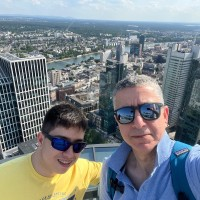
OUR PARTNERS
A TREE THAT GROWS-LAUREN SCHMIDT Connecting communities to impact projects
FUWAVITA
Women with Disability Organization
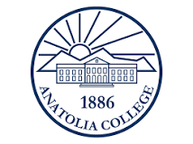

Anatolia College
Educational institution in Thessaloniki, Greece

WHAT COMMUNITY ORGANISATIONS CAN FIND IN THIS PLATFORM
We evaluate differerent inclusion strategies and implement some of them in coordination with local NGOs.
We are constantly going through policy documents regarding refugee laws and presenting them in more tangible formats.
We have come in contect with refugees, social workers, and receiving communities to listen to their stories.
INTERGRATION STRATEGIES


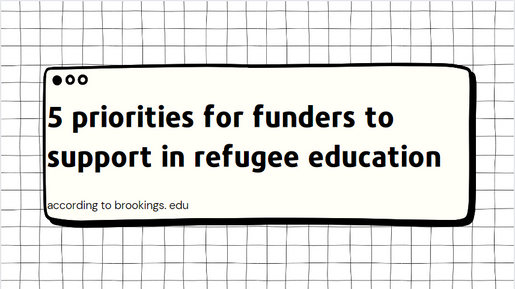
Activities and Ideas for itergration projects by PAPYRUS
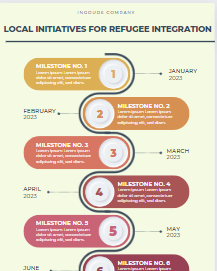
Local Initiatives for refugee intergration
TAKING ACTION

In this section, you can find organizations, campaigns, volunteering opportunities, and more opportunities to explore, if you are feeling compelled to act.
METADRASI is an NGO whose work includes interpretation and cultural mediation services, legal aid, educational programs, and psychosocial support, among others in Athens and Thessaloniki . With governmental ans ISO Certificates, as well as impressive annual reports, METADRASI’s efforts have been vital in alleviating the challenges faced by refugees in Greece. You can support the organisation by partaking in the numerous activities that can be found in their activity section or donating.
Arsis is an NGO focusing on protecting the rights of youth “in difficulty or danger”, icluding refugee children, young adults, and those from less privileged family backgrounds. With a plethera of approved and financed by the EU complete projects, as well as action in various Greek regions (Athens, Thessaloniki, Volos, Alexandroupoli, Kozani) and Tirana, Arsis offers great opportunities for community engagement through volunteering (see their respective section: support our work) and donating.
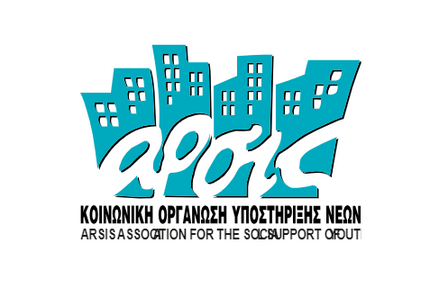
INTERVIEWS
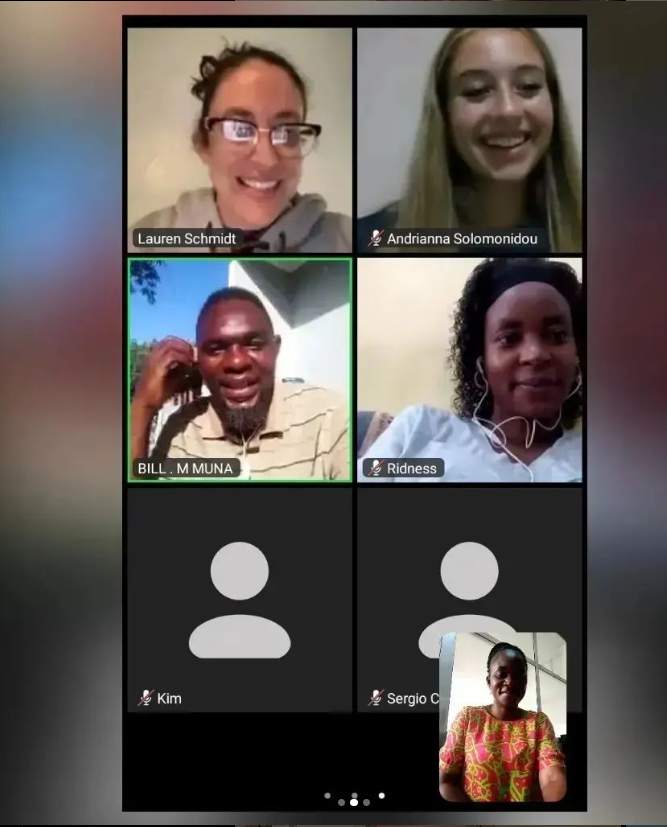
education consultant @ UNICEF International Agency/ coordinator of educational activities
FUWAVITA
Γιώτα
Disability's Women Organization that support women with Disabilities through Economic Generation and leadership program

Giota Gatsi: Refugee students and Alterity (Interview to Andrianna Solomonidou)
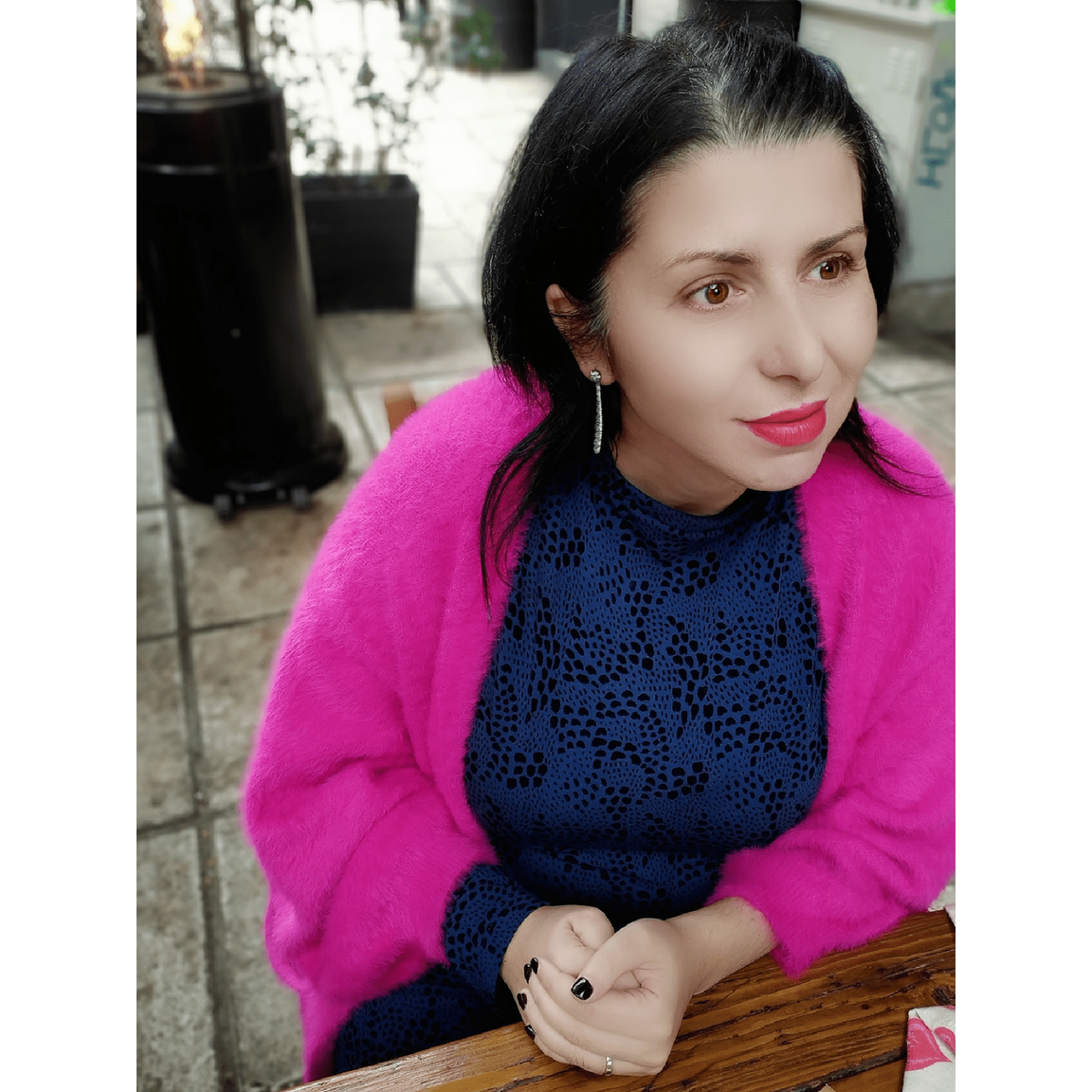
The last teacher training Dr.Gatsi organised was the reason for our short interview/discussion about immigration and the matter of inclusion in education; an interview-complaint about the incomplete reception system, which is lacking for refugees and those involved in their smooth integration.
What struggles do the children have when first arriving at their new schools?
At their new schools, the children are completely disoriented. The do not know how to move around in the space and are entirely confined in the intergration class. They do not even know their classmates that well and they are behind in terms of course material.
Another issue they struggle with regards their psychosocial support. Thie traume is still fresh and they haven't managed to cope with it. manage it and you throw them into a system like that and it magnifies their problems. there is no psychologist who deals with cultural mediators
What are the students' concerns?
Their main concern is how to get their diploma. They view Greece as a transit station to cross over to Europe and think that it will limit them to greek. Not understanding their right to education, they find no reason to stay in the education system. In fact, there is a term that describes immigrant and refugee students in this state:"invisible children".
What do you think needs to be systemically done to improve the education of refugee and migrant children?
I believe priority should be given to enhancing the students' soft skills to prepare them for their future and enhance communication. In terms of the staff, there is a lack of psychologists and cultural mediators to clarify information and concepts and smooth out their agitation. What is also very much needed is a refugee education coordinator assigned between the ministry and the teachers staff to ensure more direct communication.
I'm wrapping this up with a few words of hers that stuck with me. When I asked her about integration practices, she said "please, inclusion, not integration" You're right, Giota. Integration implies alienation, and as long as we ask for integration, we are asking children to lose themselves. Strangers, among strangers, to also become strangers with themselves.
* More info:
Giota Gatsi, in collaboration with the Ministry of Education, various organizations, and Universities, has developed educational materials aimed at empowering children and adolescents with diverse backgrounds. Her work spans both formal and non-formal education, where she has focused on assisting unaccompanied minors and multilingual children. Additionally, she has conducted training sessions for teachers and education officials on intercultural matters, both in Greece and internationally.She was an education consultant for the International Organization of UNICEF (Non Formal Education Consultant) where she contributed to the planning of activities for the inclusion of children with refugee experience. She specializes in the establishment of the languages of origin of refugee children in Greece, which she coordinates voluntarily to this day. She currently remains actively involved in teaching, researching, and writing , while also providing training to educators who work with children having immigrant and refugee backgrounds.
Inclusivity as the arrow in the quiver of change- an Interview with FUWAVITA
(Interview to Andrianna Solomonidou and Sergios Chatziavramidis)

